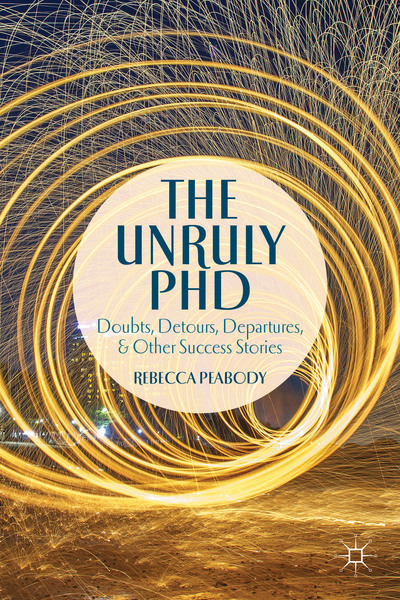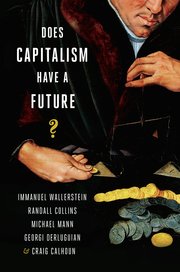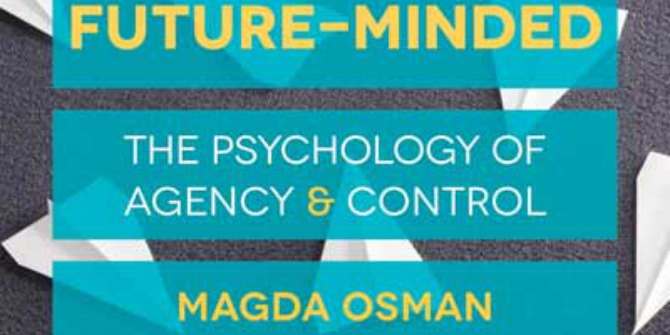2014 has been a wonderful year for social science debate and publications. Here’s our run down of the five most popular social science book reviews on LSE Review of Books.
 Number 1: Andrew Karvonen’s review of The New Science of Cities by Michael Batty
Number 1: Andrew Karvonen’s review of The New Science of Cities by Michael Batty
In The New Science of Cities, Michael Batty suggests that to understand cities we must view them not simply as places in space but as systems of networks and flows. Drawing on the complexity sciences, social physics, urban economics, transportation theory, regional science, and urban geography, and building on his own previous work, Batty seeks to introduce theories and methods that reveal the deep structure of how cities function. Andrew Karvonen is impressed and convinced. Read the full review.
 Number 2: Yang Shen’s review of Leftover Women: The Resurgence of Gender Inequality in China by Leta Hong Fincher
Number 2: Yang Shen’s review of Leftover Women: The Resurgence of Gender Inequality in China by Leta Hong Fincher
In this new book, Leta Hong Fincher argues that a discourse around young, unmarried ‘leftover women’ in China is propagated through state media news reports and television shows to mask the persisting sex ratio imbalance in the country and to encourage well-educated women to marry and have children sooner. Yang Shen believes that Fincher should be applauded for bringing together the under-theorised themes of women’s property rights, the rights of LGBT groups, and domestic abuse. A thought-provoking book, although some arguments are weakened by insufficient evidence and untrustworthy sources. Read the full review.
 Number 3: Sarah Burton’s review of C. Wright Mills and the Sociological Imagination: Contemporary Perspectives, edited by John Scott and Ann Nilsen
Number 3: Sarah Burton’s review of C. Wright Mills and the Sociological Imagination: Contemporary Perspectives, edited by John Scott and Ann Nilsen
This book is a collection of essays offering current perspectives on C. Wright Mills’ influence on the field of sociological research, specifically focussing on his most famous work- The Sociological Imagination. The collection seeks to explore the general issues around the nature and significance of the sociological imagination and includes a series of reflections from scholars on the impact of Mills’ writings in their sociological work. This collection certainly affords the reader a chance to consider the various legacies of C. Wright Mills – but from very particular and established perspectives, writes Sarah Burton. Read the full review.
 Number 4: Sin Yee Koh’s review The Unruly PhD: Doubts, Detours, Departures, and Other Success Stories by Rebecca Peabody
Number 4: Sin Yee Koh’s review The Unruly PhD: Doubts, Detours, Departures, and Other Success Stories by Rebecca Peabody
This book is a useful and comforting resource for anyone interested in understanding how individuals get through their PhD journeys and negotiate their career choices. Most importantly, this book reminds us that there is a greater world beyond academia, and that it is OK to pursue alternative paths, writes Sin Yee Koh. Read the full review.
 Number 5: Christel Lane’s review of Does Capitalism Have A Future? by Immanuel Wallerstein, Randall Collins, Michael Mann, Georgi Derluguian and Craig Calhoun
Number 5: Christel Lane’s review of Does Capitalism Have A Future? by Immanuel Wallerstein, Randall Collins, Michael Mann, Georgi Derluguian and Craig Calhoun
In this book, the authors set out to explore the possibility of the collapse of global capitalism. They argue that the generalization that there is no alternative to capitalism is not supported by theory, but is rather an outgrowth of the optimistic nineteenth-century claim that human history ascends through stages to an enlightened equilibrium of liberal capitalism. Christel Lane finds that this book provides stimulating yet accessible answers to the pressing questions regarding the future of capitalism. Read the full review.








1 Comments